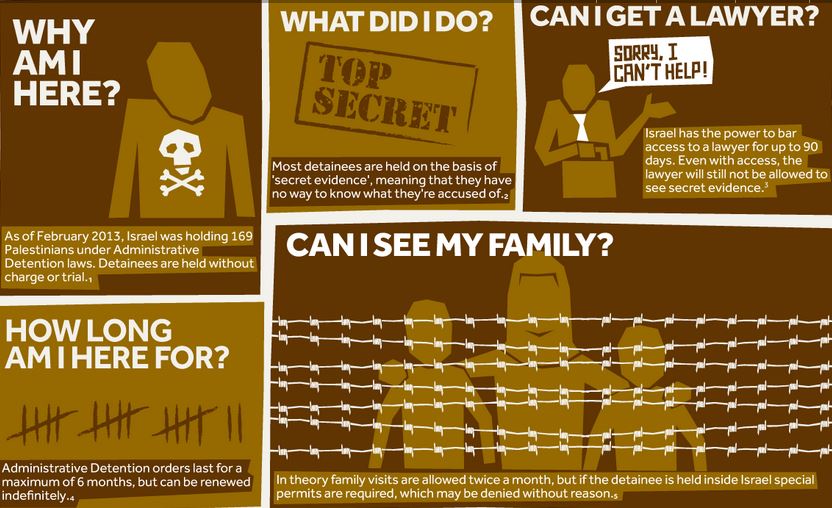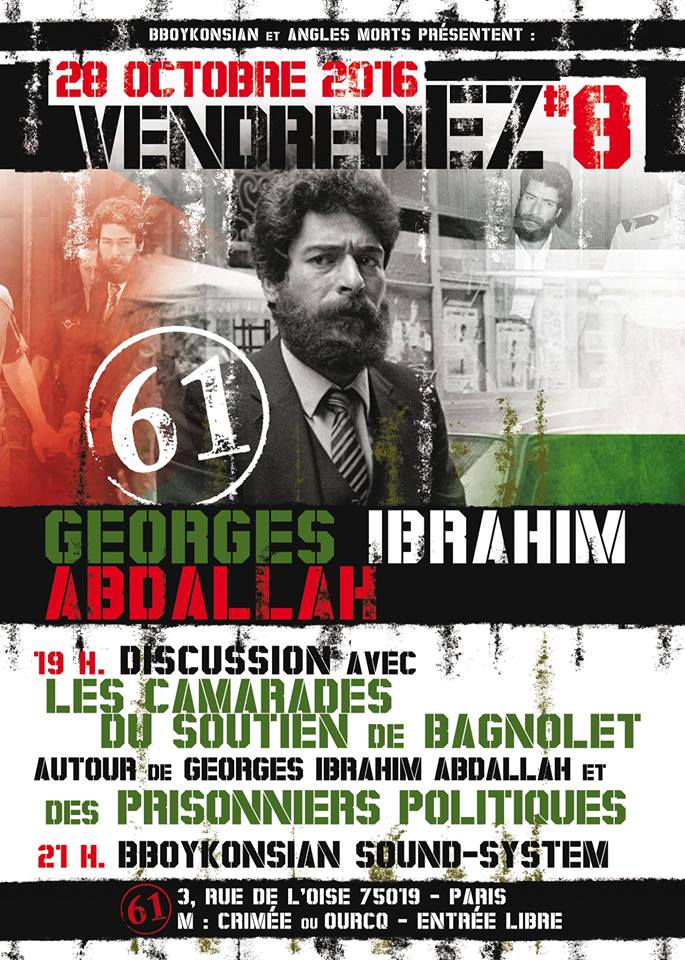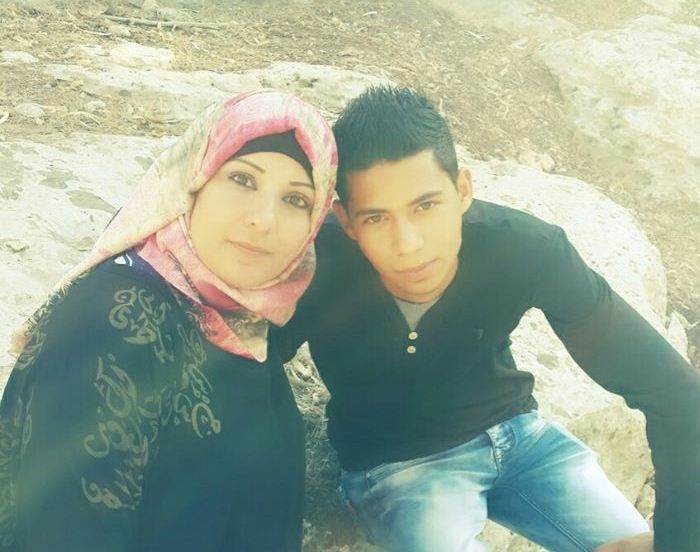
UPDATE: Suheir al-Halabi was released on the evening of 14 October.
Israeli occupation forces seized Suheir al-Halabi, the mother of Muhannad al-Halabi, shot dead last year by Israeli occupation forces, on Thursday, 13 October, accusing her of incitement for posting on Facebook. She was detained one day after she had been summoned to interrogation with Israeli intelligence.
Al-Halabi, 42, is one of hundreds of Palestinians who have been detained, interrogated and imprisoned by the Israeli occupation for posting on social media, including astrophysics professor Imad Barghouthi and poet Dareen Tatour, who marked 1 year of persecution for posting her poetry on YouTube and Facebook on 11 October.
Her son, Muhannad, 19 and a law student at Al-Quds University, participated in a Palestinian armed resistance action against Israeli occupation in October 2015 and was shot dead by Israeli police. Muhannad’s action is widely seen by Palestinians as sparking the popular uprising, often referred to as the “Jerusalem Intifada.”
The Halabis’ home was demolished by Israeli occupation forces in January 2016, in an act of illegal collective punishment against the entire family.
Israeli occupation courts also extended the detention of Ghadeer Jamjoum, 35, captured by occupation forces earlier in the week during their invasion of al-Ram town, and Iman Abu Sbeih, 17, the daughter of Misbah Abu Sbeih, shot by Israeli forces after an operation on Sunday, 9 October; Abu Sbeih is accused of incitement for her positive comments about her father in a television interview.
There are over 60 Palestinian women held in Israeli prisons, including 13 girls under the age of 18. The longest-held woman prisoner is Lena Jarbouni, imprisoned since 2001 and the elected representative of the Palestinian women in HaSharon prison.

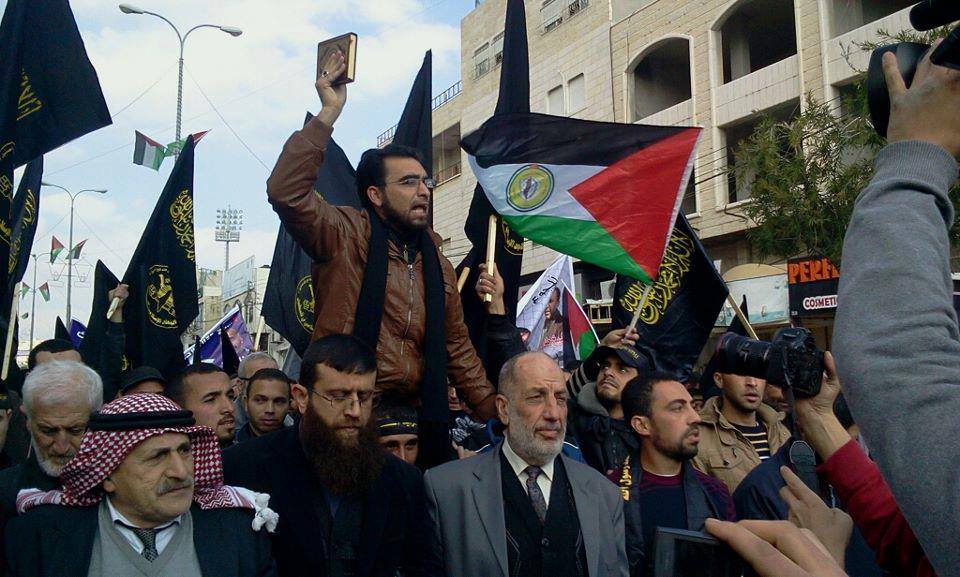 They are among nearly 750 Palestinians held without charge or trial under administrative detention. On Thursday, 13 October,
They are among nearly 750 Palestinians held without charge or trial under administrative detention. On Thursday, 13 October, 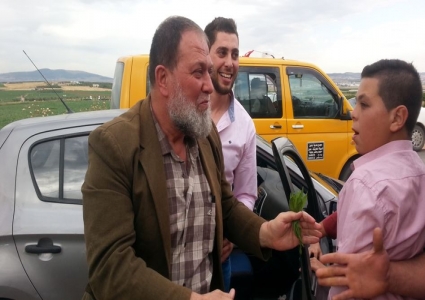 As Halahleh was released, several more Palestinian prisoners saw their administrative detention extended, including Palestinian Legislative Council member
As Halahleh was released, several more Palestinian prisoners saw their administrative detention extended, including Palestinian Legislative Council member 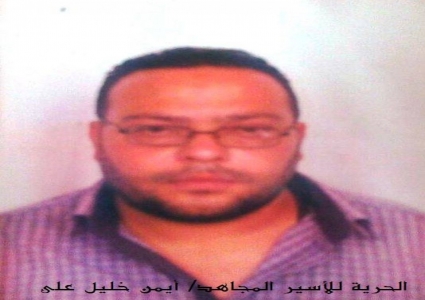 Another Palestinian held in administrative detention,
Another Palestinian held in administrative detention, 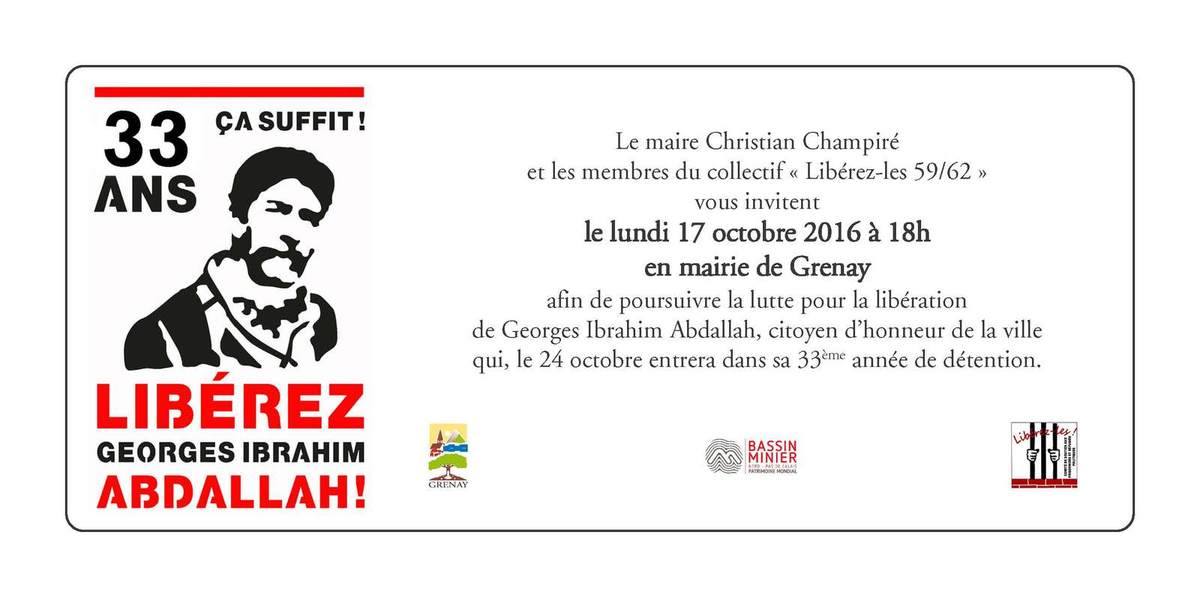
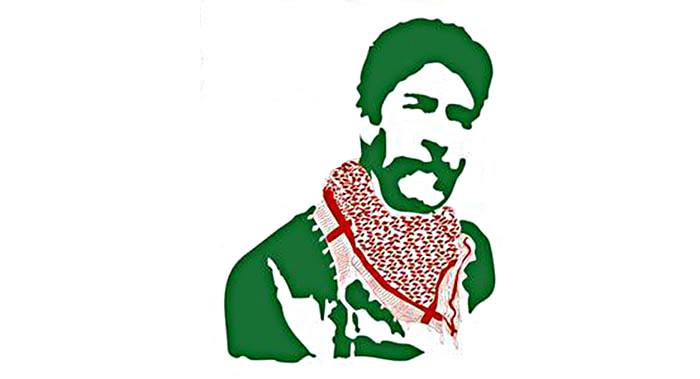 Georges Ibrahim Abdallah is a militant Lebanese progressive who always fought the occupation of their country by foreign forces, particularly Israeli occupation. He has always been committed to the Palestinian cause. He was arrested in Lyon on 24 October 1984 and sentenced to life imprisonment in 1987 for involvement in the killing of two diplomats in Paris in 1982, the American Charles Ray and Israeli Yacov Barsimentov. Yves Bonnet, the director of French intelligence at the time, has totally exonerated Georges Abdallah and called for his release in 2012. Today, he is entering his 33rd year in Lannemezan prison. He has been eligible for parole since 1999. On several occasions he was approved for release but was denied release to Lebanon by the interference of the French state at the highest levels. Join this protest, part of the International Week of Action, to demand his immediate and unconditional release.
Georges Ibrahim Abdallah is a militant Lebanese progressive who always fought the occupation of their country by foreign forces, particularly Israeli occupation. He has always been committed to the Palestinian cause. He was arrested in Lyon on 24 October 1984 and sentenced to life imprisonment in 1987 for involvement in the killing of two diplomats in Paris in 1982, the American Charles Ray and Israeli Yacov Barsimentov. Yves Bonnet, the director of French intelligence at the time, has totally exonerated Georges Abdallah and called for his release in 2012. Today, he is entering his 33rd year in Lannemezan prison. He has been eligible for parole since 1999. On several occasions he was approved for release but was denied release to Lebanon by the interference of the French state at the highest levels. Join this protest, part of the International Week of Action, to demand his immediate and unconditional release.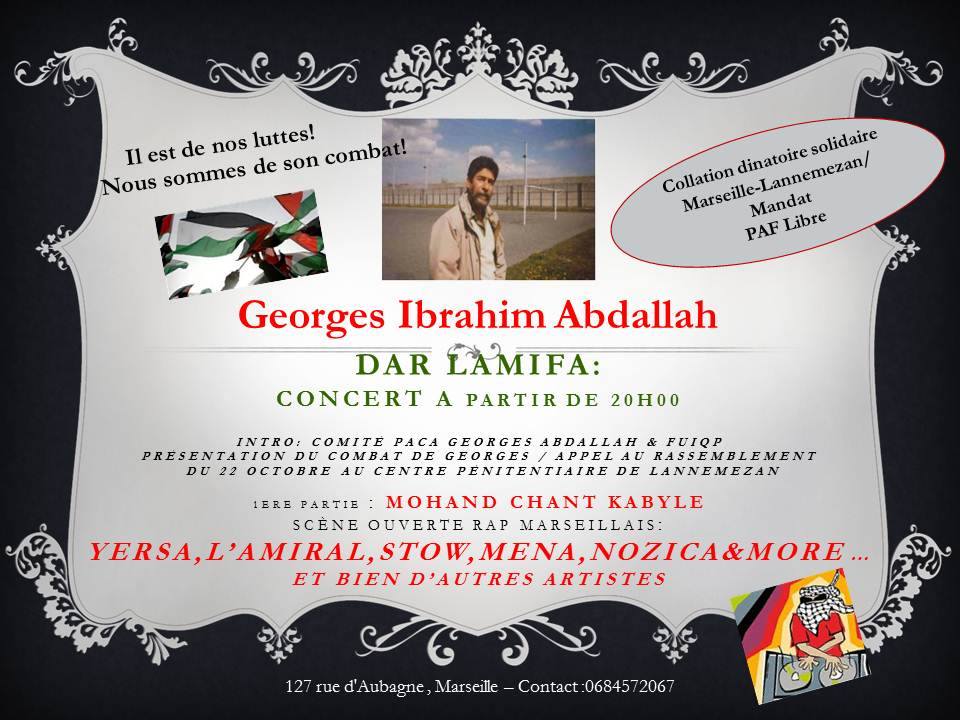
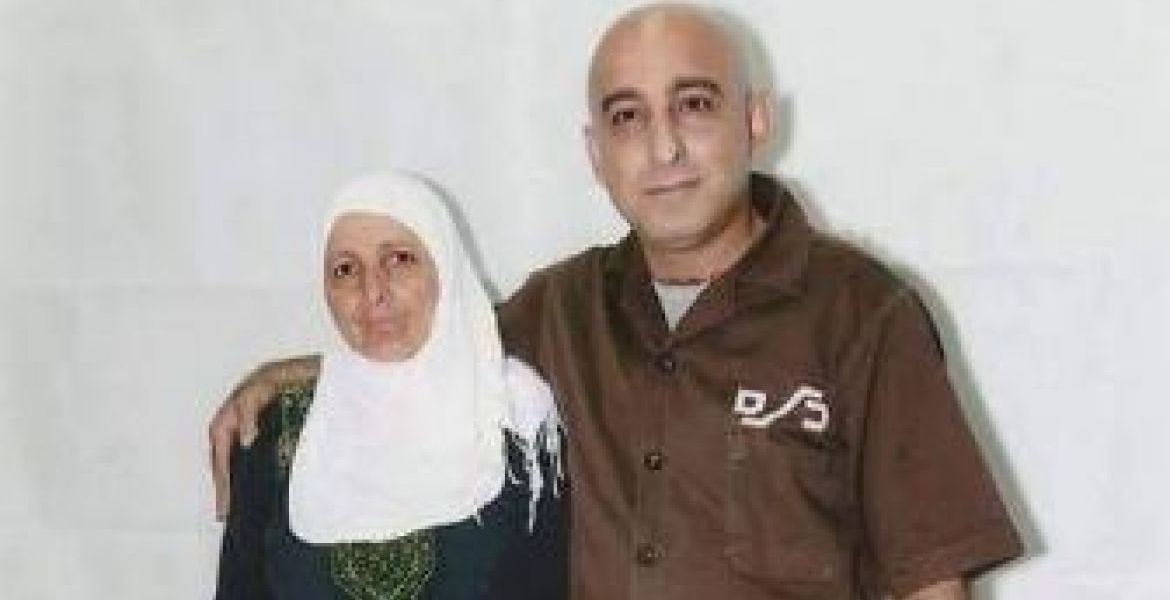 The
The 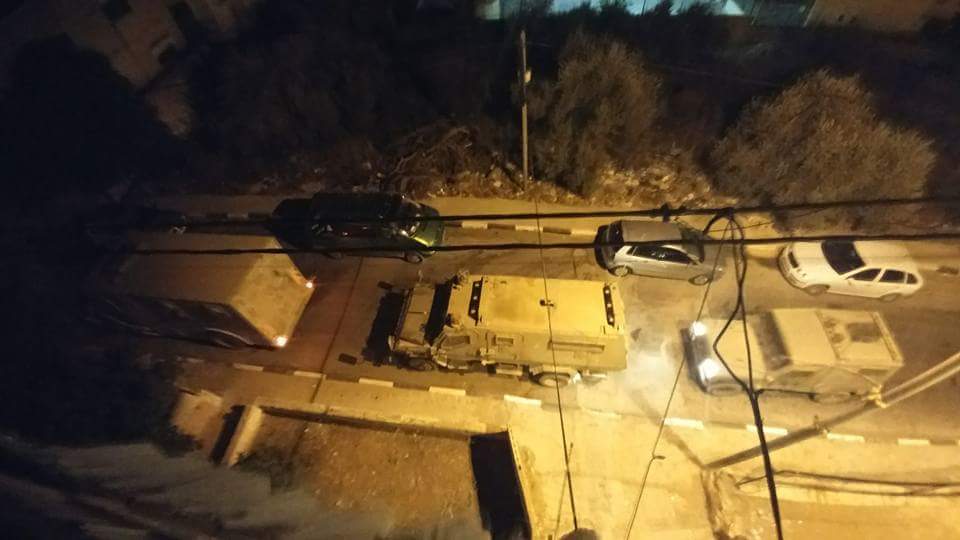
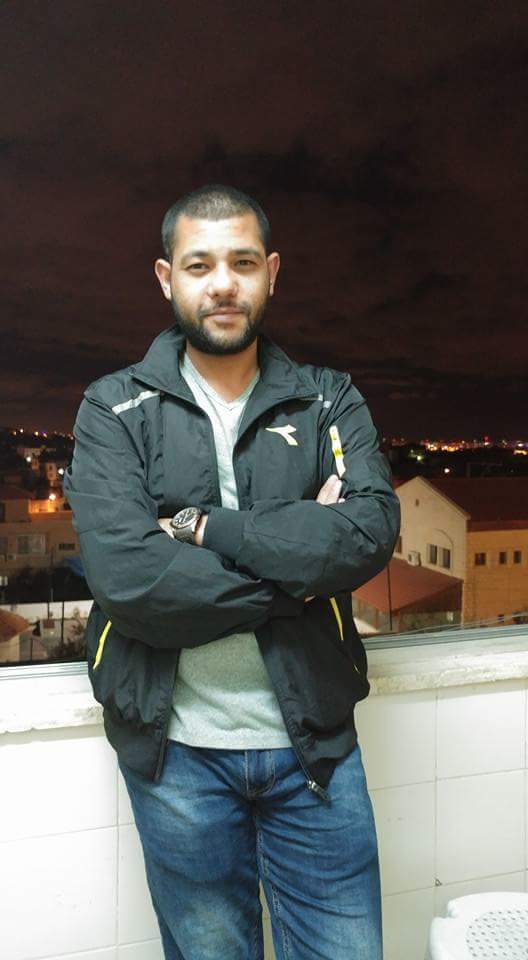 It was a Facebook protest against the arrest of al-Idrissi that led to the PA arrest of Bir Zeit student organizer
It was a Facebook protest against the arrest of al-Idrissi that led to the PA arrest of Bir Zeit student organizer 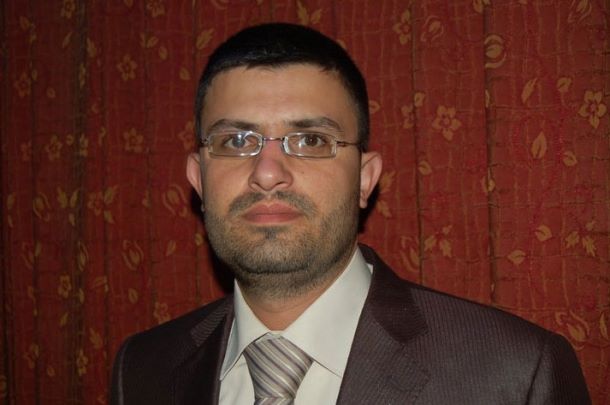 In addition, Israeli occupation forces in Jenin raided the family home and arrsted Abdel-Salam Jamal Abu al-Hija, former prisoner and son of Hamas leader Jamal Abu al-Hija.
In addition, Israeli occupation forces in Jenin raided the family home and arrsted Abdel-Salam Jamal Abu al-Hija, former prisoner and son of Hamas leader Jamal Abu al-Hija. 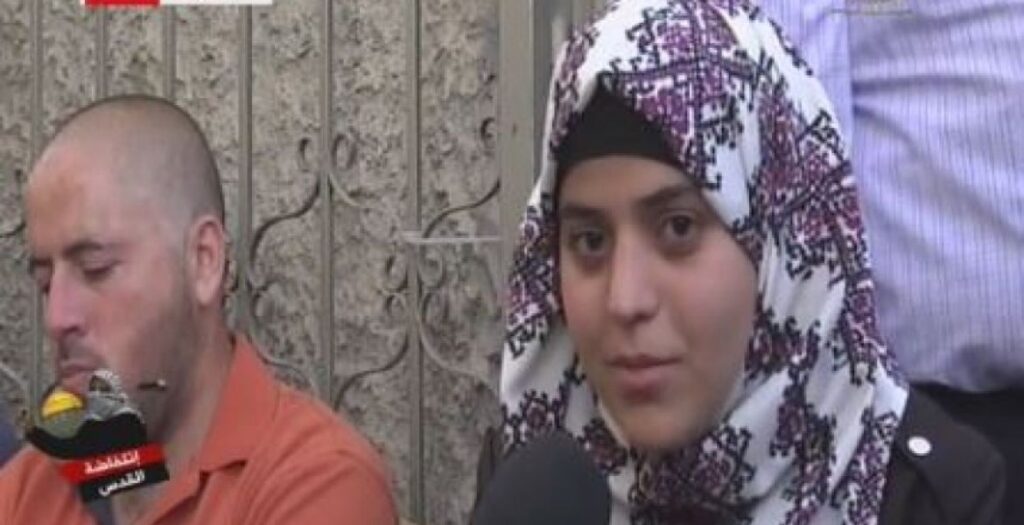 Following Israeli occupation forces’ arrest of Iman Abu Sbeih, 17, on 10 October, there are currently 13 minor girls imprisoned in Israeli jails among a total of 60 Palestinian women political prisoners.
Following Israeli occupation forces’ arrest of Iman Abu Sbeih, 17, on 10 October, there are currently 13 minor girls imprisoned in Israeli jails among a total of 60 Palestinian women political prisoners.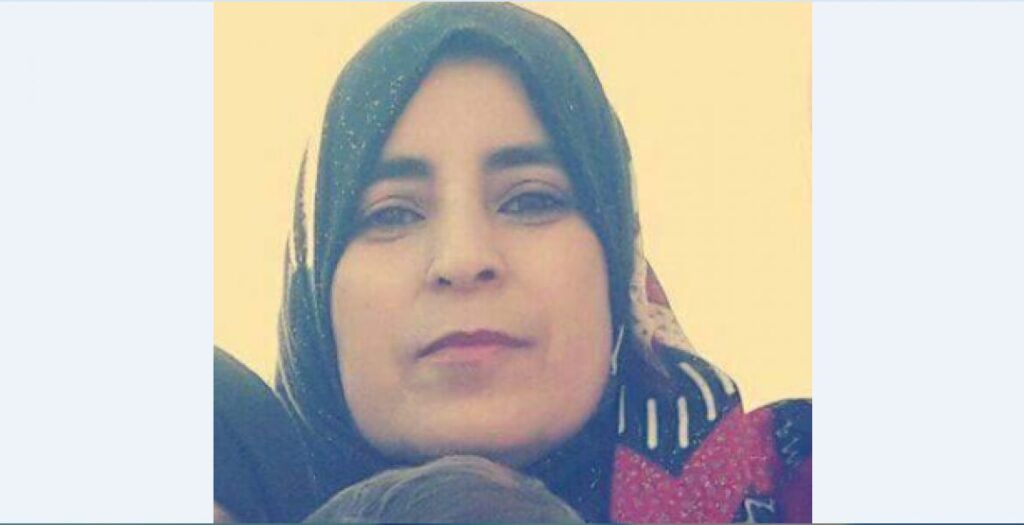 The Ofer military court continued the military trial of
The Ofer military court continued the military trial of 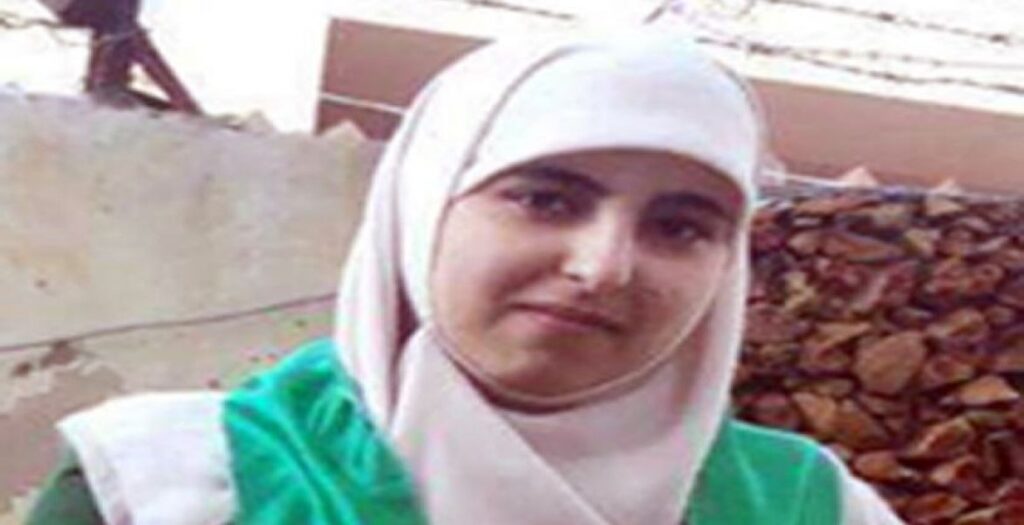 Also denied family visits was
Also denied family visits was